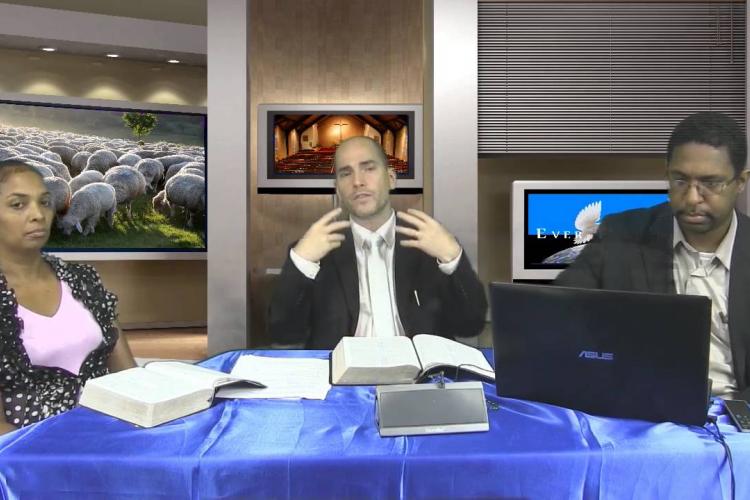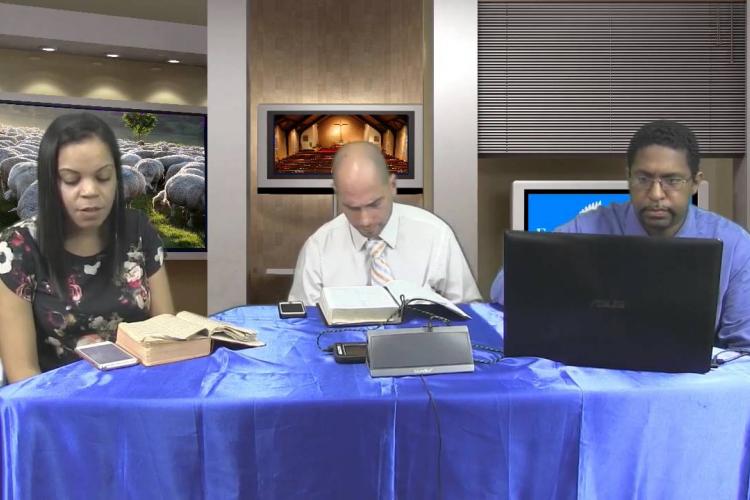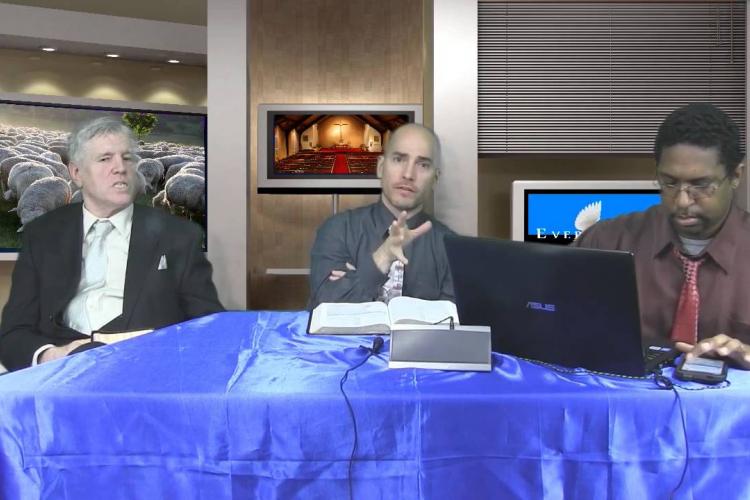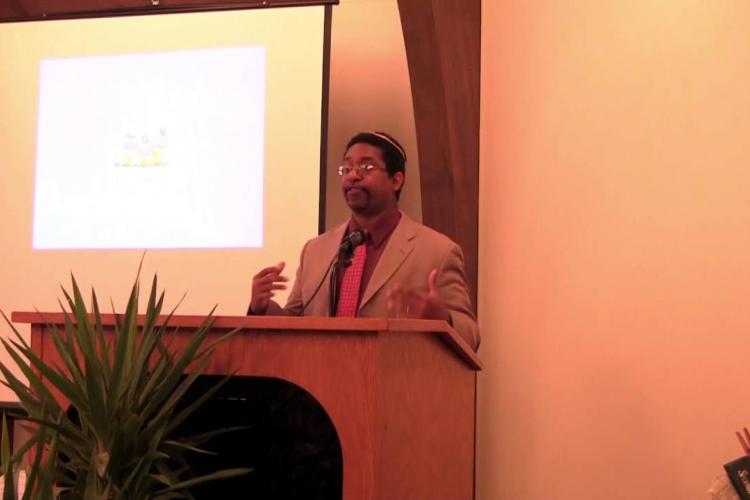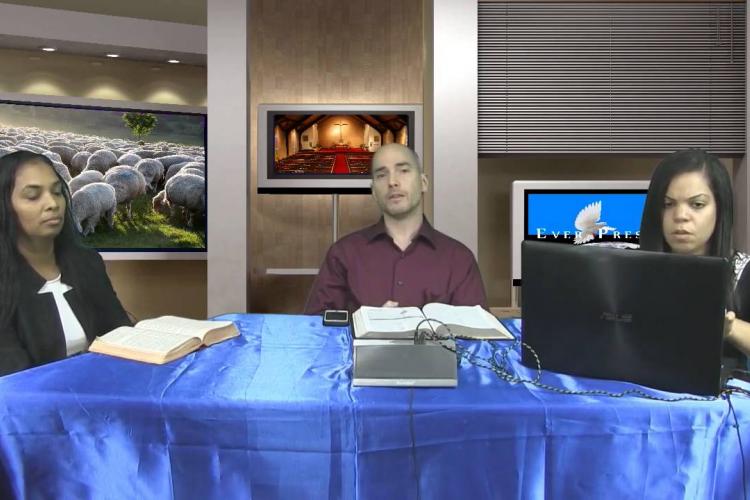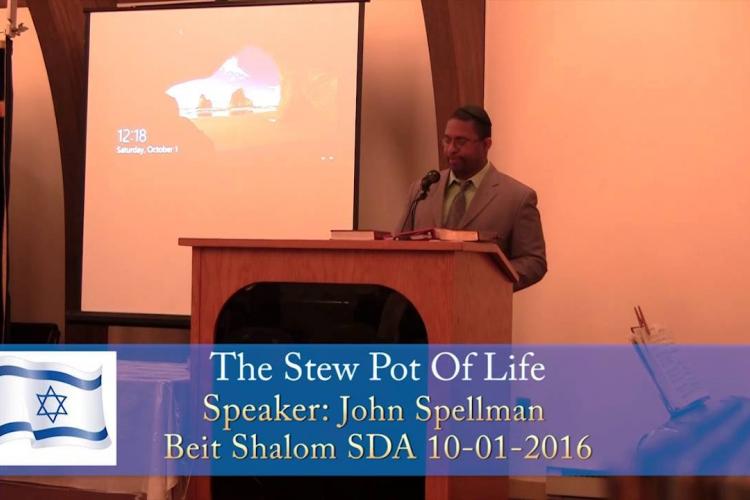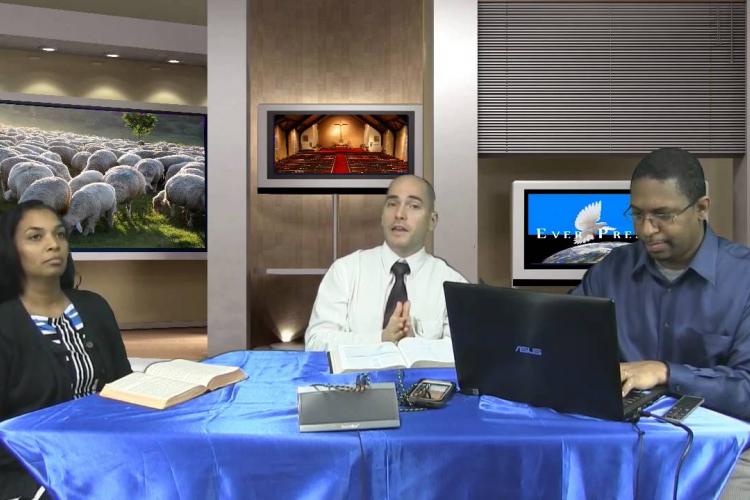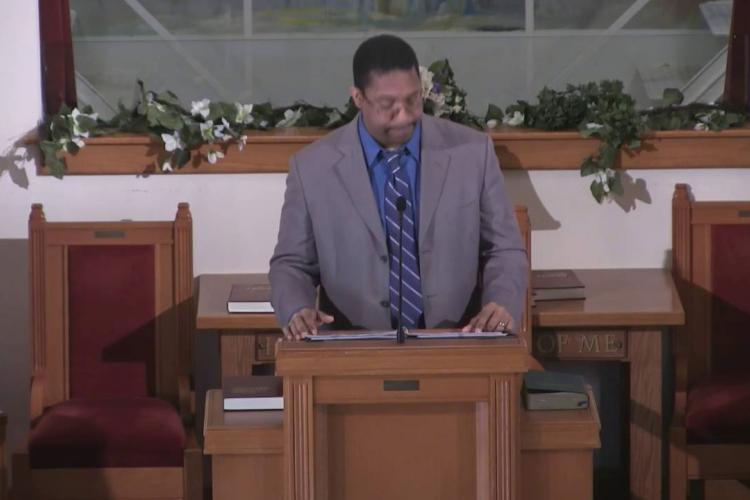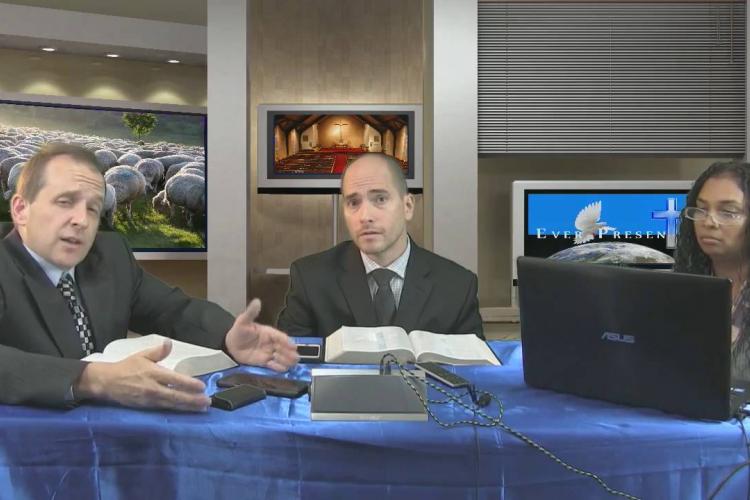How do you pray for God's help in finding the right person? How would you know if God answered the prayer? Does God perform miracles to let you know when to move forward? What can we expect from God today? Does God give signs when we've found our match? Are there warning signs when we haven't? To what extent does character play a role in looking for the right person? What qualities make a good potential spouse? Should spiritual concerns be the only concerns or are their more practical matters that need to be considered. How did Eliezer know Rebeccah was right for Isaac?
This is the conclusion of the 4 part series on dating and relationships and practical advice for finding the right person. Talks about the meeting of Isaac and Rebecca. How did Rebecca know that this relationship was going to work out? Why did she agree to marry a man she had never met? How does this relate to how God leads in relationships today? What practical advise can we take from these events about relationships and God's leading? How does Proverbs 5 suggest we should deal with relationships that don't follow these principles?
Can a person really hide from God? What are the ways in which people hide from God today? How does God respond when people reject His calling? How does the story of Jonah illustrate God's dealings with humanity as we sometimes stray and do our own thing? Do we really trust that what God wants for us is really what is best for us?
Have you ever felt like God was too late? Have you ever had a delay in your answer to prayer? If God loves us, why doesn't He always answer requests right away? When Lazarus died because Jesus was delayed for two days, they might have had similar questions. Jesus taught them a powerful lesson about what happens when people think God is too late. John Spellman preaches at the Beit Shalom SDA Congregation.
What are the ways in which we hide from God? How does God get involved in our lives when we run from what He asks us to do? How can our choices impact the lives of others around us? How can God use situations in which we make mistakes to reach others, especially after we have been poor witnesses? Can God use unbelievers to reach backsliden believers? Can the difficulties we face in our lives sometimes be God drawing us back into relationship with Him? Can we be spiritually sleeping while others with less light than we have are more awake than we are?
What can we learn from the end of the story of Job? Does Job have a happy ending, or is he still awaiting his happy ending? What can this book teach us about human suffering for those who love God? Does God bless us in the here and now? What are the rewards of trusting God? Who can we depend on when family, friends, and acquaintances turn their backs on us? Is death truly the end of life’s story? How can the second coming of Jesus impact how we relate to hardship and difficulties in our lives? Did Job understand the doctrine of the resurrection?
John Spellman preaches at the Beit Shalom SDA Congregation on 2 Kings 4:38-44. During a time of famine in Gilgal, the sons of the prophets were hungry. Elisha tells them to make a pot of stew. But in one man's effort to gather the ingredients, he accidentally introduces a poisonous substance to the stew pot. The sons of the prophets proclaim that there is death in the pot. How can this relate to our Christian experience today? What is in the stew pot of our lives? Do we sometimes poison ourselves without knowing it?
How does God deal with Jonah after trying to hide? What might this mean for how God deals with us? What was the belly of the fish designed to teach Jonah? What can we learn from God even while at the lowest points of our lives? What does Jonah's name mean and what lessons can we learn from it about how God transforms our lives today? How could our darkest moments in life be used by God to bring us into the light of understanding?
John Spellman speaks on Luke 17, focusing on the 10 lepers whom Jesus healed. Of these 10 lepers only 1, a Samaritan, returned to glorify God. What can we learn from this powerful story about our relationship with God. Are we like the 9 lepers who never returned? Or are we like the one that glorified God?
What does the Bible say about depression? Does God care about how we feel? When we encounter situations in life that leave us in despair, how can God be the answer? How does the story of Job illustrate the way in which God can be an Ever-Present help in our times of need and suffering? Whether it be job loss, the loss of a partner, a failure or setback, a death of someone close, or something that makes you feel hopeless and lost, God is an ever-present help!

